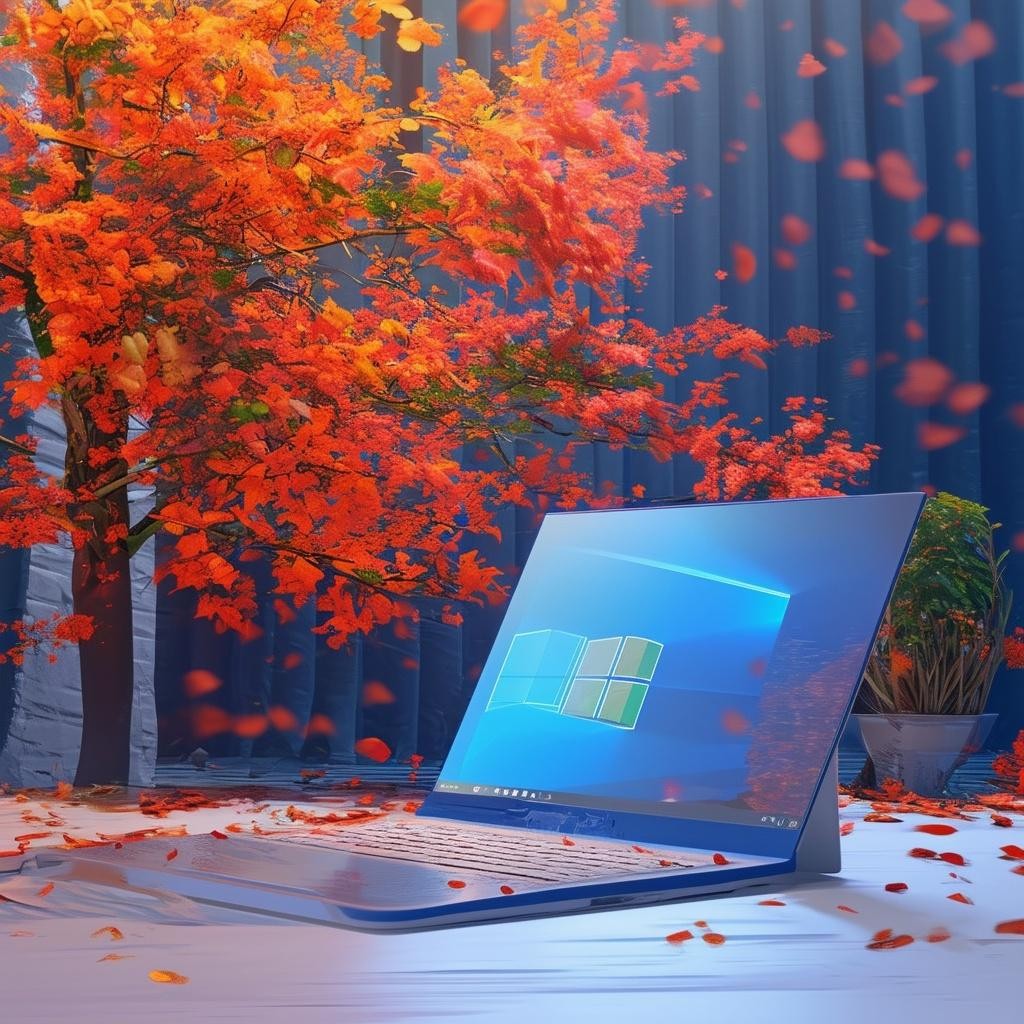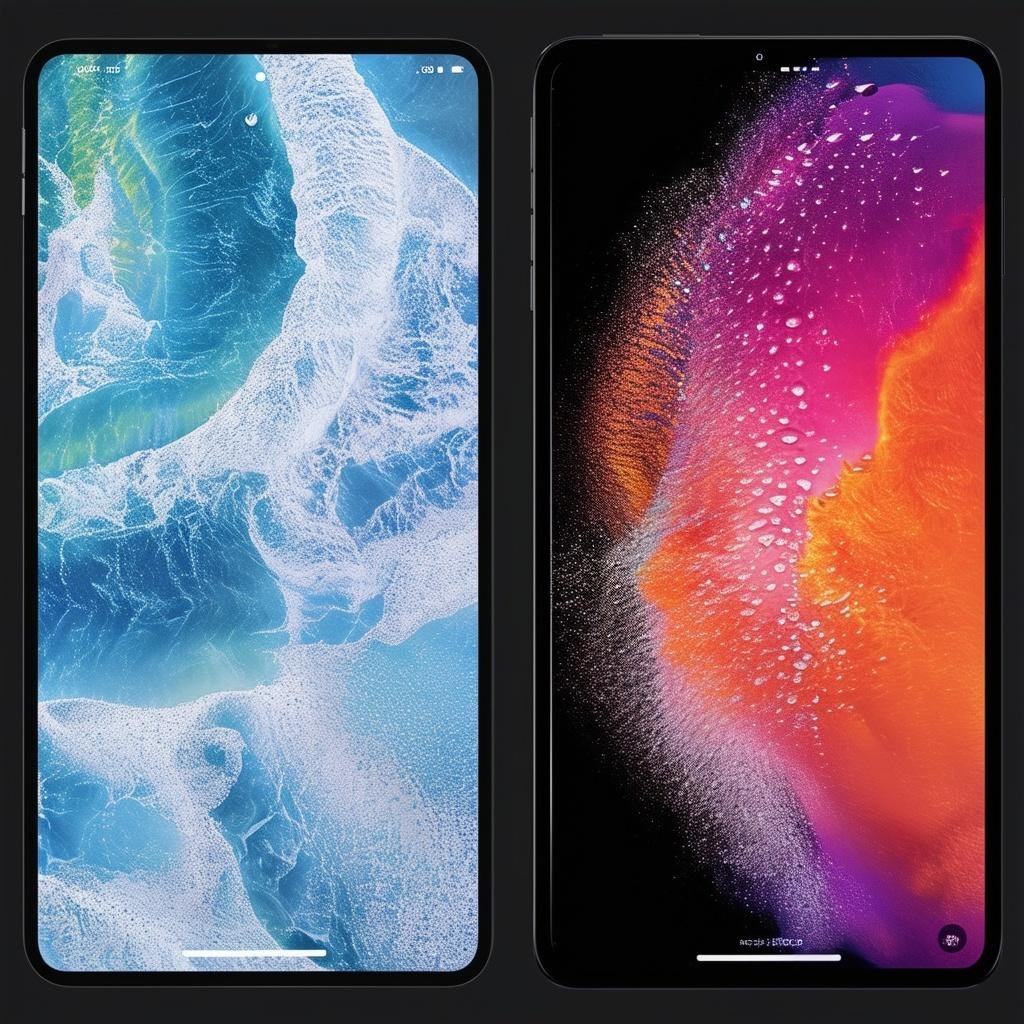With Windows 11 now a few years old and receiving periodic "moment" feature updates along with yearly refreshes, attention is turning to what Microsoft has planned next for its flagship operating system. Recent leaks from Intel and Qualcomm referencing "Windows 12" have fueled speculation that a major new version of Windows is in development and could launch as early as 2024.
While Microsoft has not officially announced anything about Windows 12 yet, including the name or release timeline, here is a roundup of the rumors, leaks and expectations for the next big evolution of Windows, whether it arrives as Windows 12 or Windows 11 24H2.
Release Date and Naming
According to well-connected Microsoft watcher Zac Bowden from Windows Central, a big Windows update is coming but it likely won't be called Windows 12, at least not this year. Bowden reports that Microsoft plans to stick with the Windows 11 branding for now and will deliver the next major update as Windows 11 24H2 in the fall of 2024.
Some of the features that were originally considered for Windows 12 are now expected to show up in Windows 11 24H2 instead. So in a sense, this year's Windows 11 feature update can be thought of as delivering some of what would have been Windows 12. The actual Windows 12 release, codenamed "Hudson Valley" internally, seems to have been pushed out further.
The recent departure of Windows chief Panos Panay from Microsoft appears to have shaken up plans around Windows 12. The company has shifted direction to focus on continuing to evolve and grow Windows 11 adoption, which at around 400 million devices still significantly trails Windows 10's 1.4 billion active device install base.
Microsoft could potentially announce or tease its vision for the next generation of Windows at its Build developer conference in May, where it plans to share more about its "AI vision across hardware and software." But a full Windows 12 launch this year no longer seems to be in the cards.
READ ALSO:
Compatibility and Upgrade Path
One of the controversies around the Windows 11 rollout was the strict minimum system requirements, including the need for a security chip called TPM and a recently launched CPU. This prevented many PCs, especially custom-built gaming rigs, from being able to upgrade.
Microsoft positioned the tighter hardware requirements as necessary to ensure a modern, secure baseline for Windows 11. While painful at the time, the company has made progress on that front, with more gamers in particular starting to make the jump.
For the next major release, whether Windows 11 24H2 or Windows 12, Microsoft will likely maintain the same core security requirements established with Windows 11 to avoid another round of major compatibility headaches. At most perhaps the CPU generation support might shift forward slightly.
Hopefully Microsoft has also learned lessons on how to handle the messaging and rollout more smoothly, avoiding the confusion created by its restrictive compatibility checker and warning watermarks even on some systems that met Windows 11 requirements. Making the update process as seamless as possible will be key.
Free Upgrade Likely
Windows 12 (or Windows 11 24H2) is expected to continue the free upgrade tradition established with Windows 10 and 11. Since Windows 8.1, Microsoft has offered new OS versions to existing Windows license holders at no additional cost.
The transition to a "Windows-as-a-service" model has been enabled by Microsoft's ability to monetize the OS through data collection for personalized experiences and advertising. While this has raised some privacy concerns, the tradeoff of free ongoing Windows innovation and upgrades has been largely welcomed, compared to the previous model of $100+ paid upgrades every few years.
New Features: AI Takes Center Stage

With AI being the next big battleground for Microsoft and the entire tech industry, expect artificial intelligence capabilities to be a major focus for the next Windows release. Microsoft's multi-billion dollar investment in OpenAI is already being felt across its products, from the new AI-powered Bing search to intelligent features in Microsoft 365 apps.
On the latest Windows 11 preview builds, an early incarnation of a Windows Copilot assistant is starting to appear to help boost productivity and streamline common workflows. For Windows 12, Microsoft is rumored to be working on an "AI Explorer" feature that can contextually understand what is happening across your screen at a given time to intelligently surface relevant information, contacts, and suggested actions based on what you're working on.
Microsoft is also investing in AI-accelerated hardware in partnership with Intel and Qualcomm for future Surface devices. Expect to see Windows 12 and the next-gen Surface lineup take advantage of dedicated AI processing units to enable local, real-time AI experiences that don't require the cloud. This could power everything from more advanced voice assistance to AI-generated imagery and content creation.
On the gaming front, an AI upscaling feature similar to NVIDIA's DLSS and AMD's FSR is also rumored to be in the works to intelligently boost frame rates and graphics quality.
READ ALSO:
Design Refinements
Windows 11 introduced the biggest visual update to the OS in many years, with a refreshed interface featuring rounded corners, centered taskbar, updated iconography and fluid animations. For Windows 12, we may see Microsoft continue to push forward with this design direction.
A recent mockup shared by the company showed a concept for an even more modern looking Windows UI with a floating, translucent taskbar and more dynamic widget experiences. While just a prototype tease for now, it could hint at the design innovations being explored for the next release.
At the same time, many users have called for Microsoft to bring back more customization options from Windows 10, with the ability to move the taskbar to the top or sides of the screen, adjust the Start menu layout, and disable newer features like widgets more easily. Hopefully Windows 12 can strike a balance between pushing the design language forward while still giving people the flexibility to tailor the UI to their preferences.
Summary
With Windows 12 (or a similarly substantial Windows 11 update) not expected until at least 2024, many of the details are still hazy at this point. But the broad strokes of Microsoft's vision are starting to come into focus - a continued push to modernize the Windows experience and platform, with AI technologies increasingly woven into the fabric of the OS.
As Microsoft shares more about its plans at events like Build and through the Windows Insider preview program, expect the picture to sharpen in the coming months. Given the company's recent renewed focus on the PC and competition from the likes of Apple Silicon, the pressure is on to make the next version of Windows a substantial leap forward.
Whether it ultimately ships as Windows 12 or simply a Windows 11 "moment" feature update, all signs point to big changes coming soon to the world's most popular operating system. With over a billion PCs running Windows today, the stakes couldn't be higher for Microsoft to get it right.







